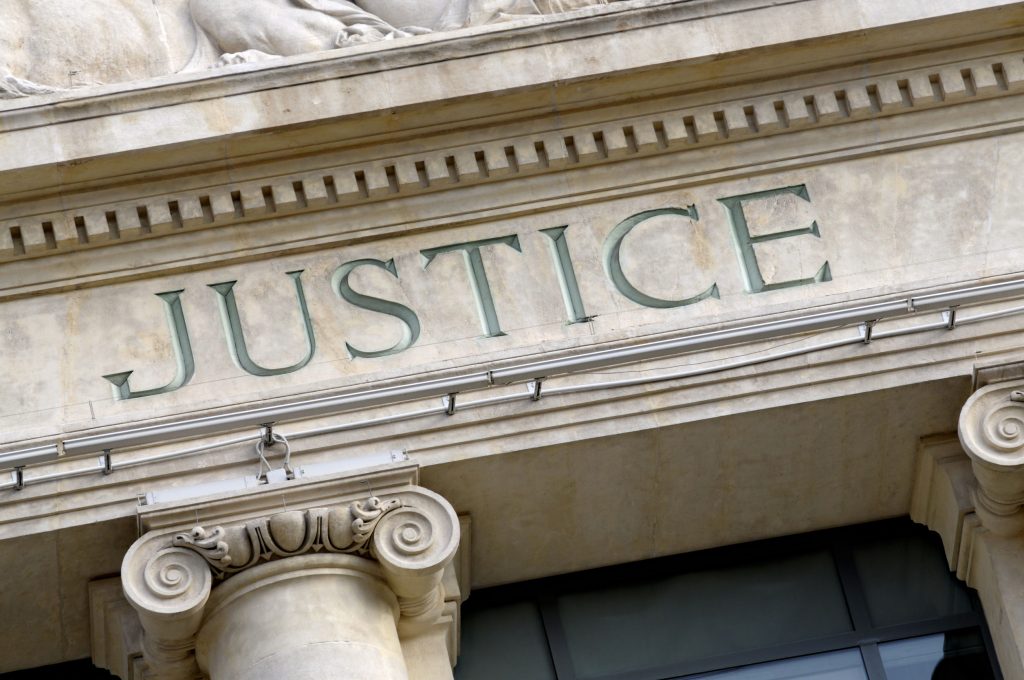
On February 9th, Bob Goodlatte (R-VA), Chairman of the House Judiciary Committee, introduced HR 985, or the “Fairness in Class Action Litigation Act of 2017,” a bill that Howard M. Erichson of Fordham University said is “slapped together without any nuanced understanding of the law of class actions.”
Section 1717
According to John C. Coffee, Jr., one of the more controversial provisions of HR 985 is Section 1717(b)(2) (“Prohibition of Conflicts”), which would prevent federal courts from certifying “any class action in which any proposed class representative or named plaintiff is a relative of, is a present or former employee of, is a present or former client of (other than with respect to the class action), or has any contractual relationship with (other than with respect to the class action) class counsel.” This means that a plaintiff in a class action suit would be unable to use a firm that it has worked with in any capacity whatsoever. According to Coffee’s analysis, this section could mean the end of large plaintiff firms, as plaintiffs such as securities investors would not be able to use and re-use the same law firm, a common practice in those circles.
Furthermore, according to Coffee, this proposed section is overbroad in that it would preclude all counsel who have had contractual relationships with a plaintiff in the past, which could mean that a plaintiff attorney couldn’t represent his or her gardener. However, according to already existing rules, this relationship is not enough to prevent an attorney from pursuing a case. In short, this provision aims to tighten standards for class certification.
Section 1718
In his blog, Coffee pointed to another problem area of HR 985. Section 1718 would pose significant challenges to plaintiff attorneys and class members in class action cases. This section would require that class counsel be able to distribute “monetary relief” to a “substantial majority” of class members and that there be a mechanism for ascertaining each and every member of the defined class. This is worrying because there are some cases where the “monetary relief” has “negative value” meaning for some people it’s just not worth it to file a claim. But, if too many people fail to file claims, other class members, who wish to collect money, simply can’t do so, according to this provision.
It should be added that Section 1718 would also require that attorney fees be paid after claimants receive their money, but as Erichson pointed out, sometimes class members are paid over the course of decades, leaving plaintiff attorneys with no payment for significant periods of time.
Other Provisions
Other provisions aim to:
- Create an inflexible rule pertaining to issue class actions
- Expand federal court diversity jurisdiction
- Mandate Lone Pine Orders (a pro-defendant tool) in multi-district litigation (MDL)
- Prohibit bellwether trials in MDLs
- Limit attorneys’ fees to 20%
- Develop mechanisms that slow down the litigation process
Conclusion
HR 985 is expansive, covering almost every corner of class action litigation procedures. This is a bill that heavily favors business defendants and punishes plaintiffs and their lawyers. This shouldn’t be surprising, as insurance companies, big businesses and doctors make up a good portion of the GOP’s funding circle, while Democrats receive funding from plaintiff attorneys who represent victims seeking compensation through class actions and MDLs.















